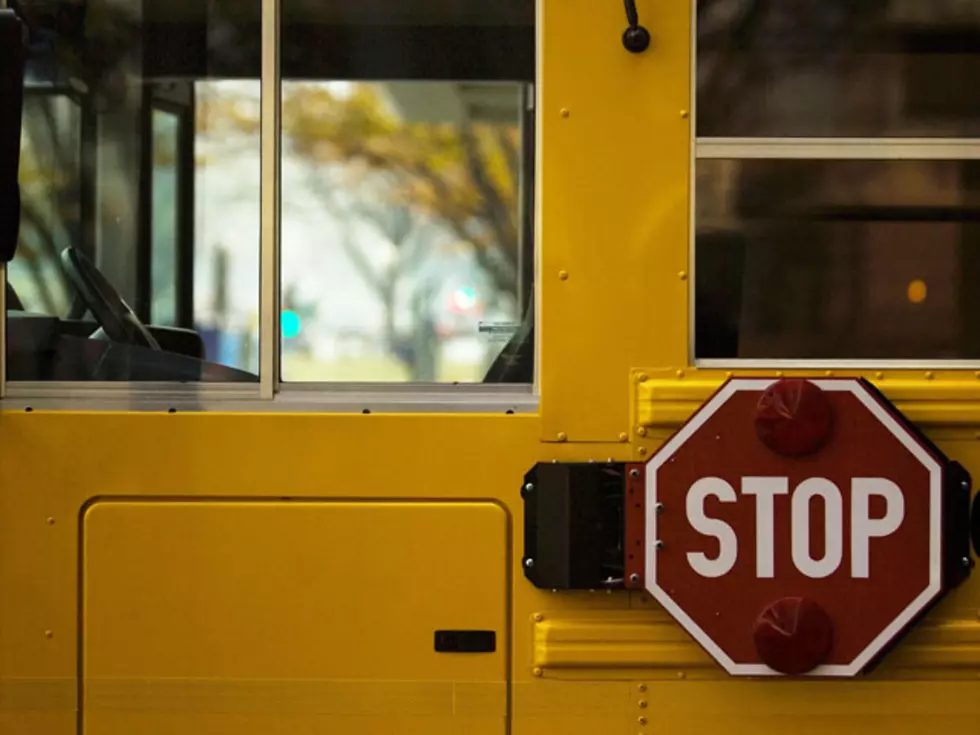
UM Brings Mental Health Support to Rural Montana Students
MISSOULA – For rural Montana school kids, getting access to mental health care often involves long – and in winter months, harrowing – car rides to distant towns.
To bring consistent mental health care directly to remote schoolrooms across the state, the University of Montana recently launched a program that marries the expertise of graduate students in counseling with expanding internet access in Montana.
The Tele-Counseling Clinic is one of many programs offered by UM’s Safe Schools Center. The center, housed in the Phyllis J. Washington College of Education, provides individualized school safety training programs, professional development and technical support.
“Big schools have counselors who can walk down the hall and help, and we don’t have that resource,” said Kristi Borge, the 2021 Montana Teacher-of-the-Year who teaches at the one-room school house in Polaris, where 11 students grade first to eighth attend classes. “Without this program, kids would have to go to Dillon or Bozeman for counseling. This has definitely been great for our students.”
While the program has come to the forefront during the COVID-19 pandemic, Safe Schools Center Director Emily Sallee said its development has been in the works for some time.
“Tele-mental health is quite nuanced,” said Sallee, an assistant professor in UM’s Department of Counseling. “We had three counseling faculty undergo intensive training in tele-mental health, then created a training program for graduate students before even starting to work with school administrators, teachers and parents who wanted to participate in the program.”
The program kicked off in fall 2020 with two schools and 12 students from kindergarten to 11th grade. This year, program staff are working with three schools and 10 students.
Jess Conner, a licensed school counselor at Missoula’s C.S. Porter Middle School, provided tele-health counseling to rural students while finishing her degree. She met one to two times a week with each student, depending on the situation, and credits today’s kids’ comfort with technology for making the sessions seamless despite the miles.
“The students I worked with all experience different issues, such as anxiety, peer conflicts, hyperactivity, emotional regulation, eating disorders, etc.,” she said. “They are all very good with their iPads and with technology. I was able to bring in specialists as needed and work with their parents on things they could do at home.”
Parent or guardian participation is a key component of the program, said Nancy Berg, assistant director of the Montana Safe Schools Center – with baseline assessments and follow-ups part of student therapy.
“We are considered a school service, so we mirror as much as possible what in-person counseling would look like,” Berg said.
Kara Morgan, the school counselor for the PK-12 Alberton School, said staff wear many hats, and access to counseling services for students needing extra attention has been extremely helpful.
Both Alberton and Polaris were part of the pilot year of the program, providing valuable feedback to the Center.
“This second year, our kids were very familiar with the program, were interested in what was available or wanted to return to sessions,” said Morgan, who shared that the pandemic has created turmoil for many students academically, in addition to the traditional hurdles such as anxiety that can come with growing up.
Mental health, requires sensitivity, and those participating in the program acknowledge maintaining privacy in small schools requires extra diligence.
While providing counselling services in a small one-room school house has its challenges, Polaris has created a safe and private area for students to talk to their counselors. Students know that their peers are getting support.
“They have an idea and we do try to keep it private,” Borge said, “but also we talk in general about mental health because that’s how we get over the stigma.”
Polaris teacher’s assistant and parent Sarah Miller said being proactive is critical for the heathy development of children facing mental health difficulties, and the availability of this new care for kids in rural areas is “huge.” Her own children have accessed UM’s Tele-Counseling Clinic services.
“Offering our kids a safe place to talk about their frustrations and helping them find different ways to look at issues is so important,” she said. “I want the kids in our school to learn tools now for dealing with anxiety or whatever they are facing, so they can develop healthy habits for the future.”
For more information about participating in UM’s Tele-Counseling Clinic services, school administrators are encouraged to contact Emily Sallee at emily.sallee@umontana.edu or Nancy Berg at nancy.berg@umontana.edu.
More From K96 FM









